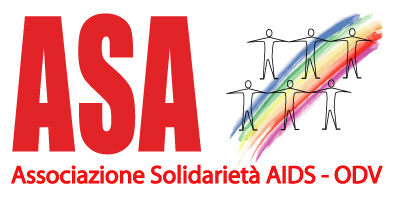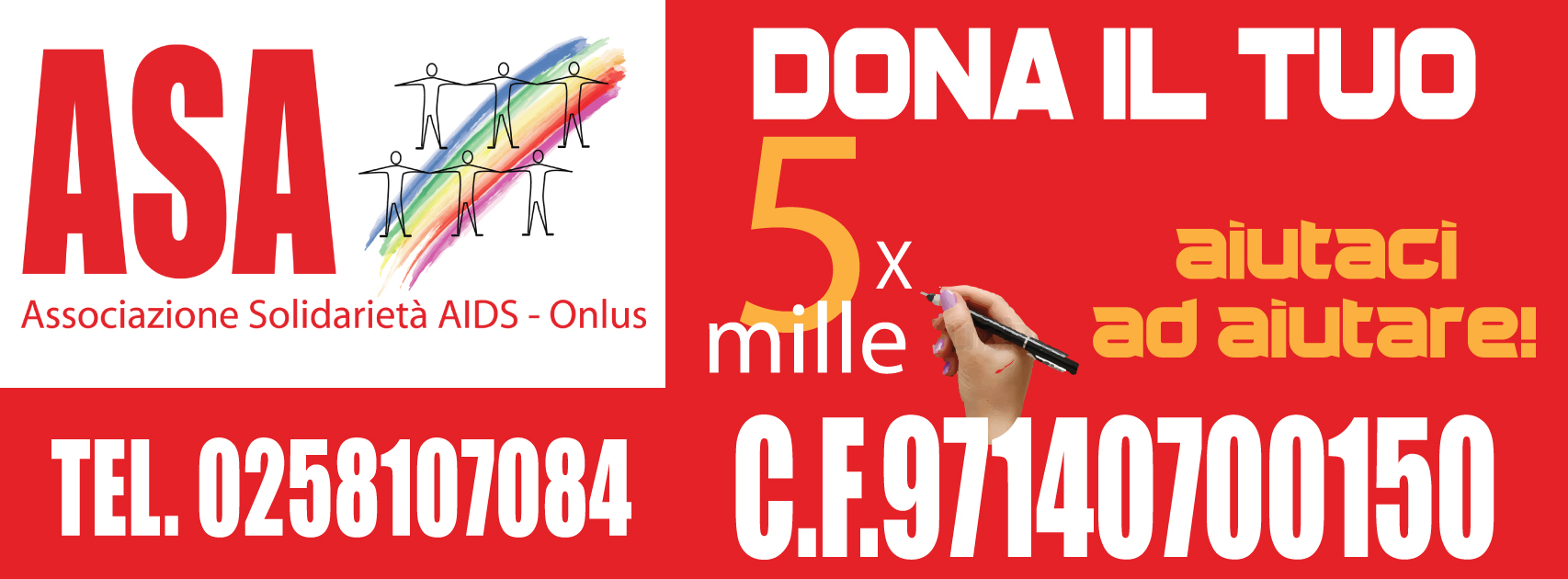Vaginal
microbicides were partially developed in response to power differentials within
sexual relationships and gender norms that make it difficult for women to
negotiate other forms of HIV protection, as it can be used without the male
partner’s knowledge, consent or compliance. However, evidence presented at the HIV Research for Prevention
conference (R4P) held in
Misunderstanding of questions regarding anal sex in microbicide HIV prevention trial
There was widespread misunderstanding and misinterpretation of questions
about anal sex being asked of participants inthe Vaginal
and Oral Interventions to Control the Epidemic (VOICE) trial existed, according to findings of a qualitative
ancillary study to the VOICE trial qualitative
analysis study (called MTN-003D or VOICE-D) presented at the HIV Research for Prevention conference
Tenofovir gel use associated with lower HSV-2 risk in women
The
risk of acquiring herpes simplex virus type 2 (HSV-2) was reduced by 46% (aIRR:0.54,
95%CI:0.30-0.97, p=0.038) among women who regularly used the vaginal gel
containing tenofovir, according to a secondary analysis of the Vaginal and Oral
Interventions to Control the Epidemic (VOICE) trial
presented at the HIV Research for
Prevention conference (R4P) in Cape Town,
Infants in southern Africa start antiretroviral therapy late with advanced disease
Three
quarters of infants starting antiretroviral therapy (ART) across eleven clinics in southern Africa had
severe HIV disease and 87.2% met the 2006 World Health Organization (WHO)
definition of severe immunosuppression, according to a study presented at the
2014 Southern African HIV Clinicians Society conference in Cape Town, South Africa, last
month.
There
was a modest improvement
Infants in southern Africa start antiretroviral therapy late with advanced disease
Three
quarters of infants starting antiretroviral therapy (ART) across eleven clinics in southern Africa had
severe HIV disease and 87.2% met the 2006 World Health Organization (WHO)
definition of severe immunosuppression, according to a study presented at the
2014 Southern African HIV Clinicians Society conference in Cape Town, South Africa, last
month.
There
was a modest improvement
No to treating our way out of the epidemic, say South African experts
No, we cannot treat our way out of the HIV epidemic, was the
resounding sentiment of a panel of expert clinicians and the audience, at a
debate held at the 2014 Southern African HIV Clinicians Conference in Cape Town
last month.
Professor Richard Chaisson of the Johns Hopkins University School
of Medicine argued that
Targeted adherence measures and viral load monitoring needed to improve retention in South African ART programme
57%
of people living with HIV in South Africa who are eligible to initiate antiretroviral
therapy (ART) are in care and only 37% of the 2012/2013 cohort of people
receiving ART were given a viral load test, according to new results announced
by the CEO of the South African National AIDS Council (SANAC) at

